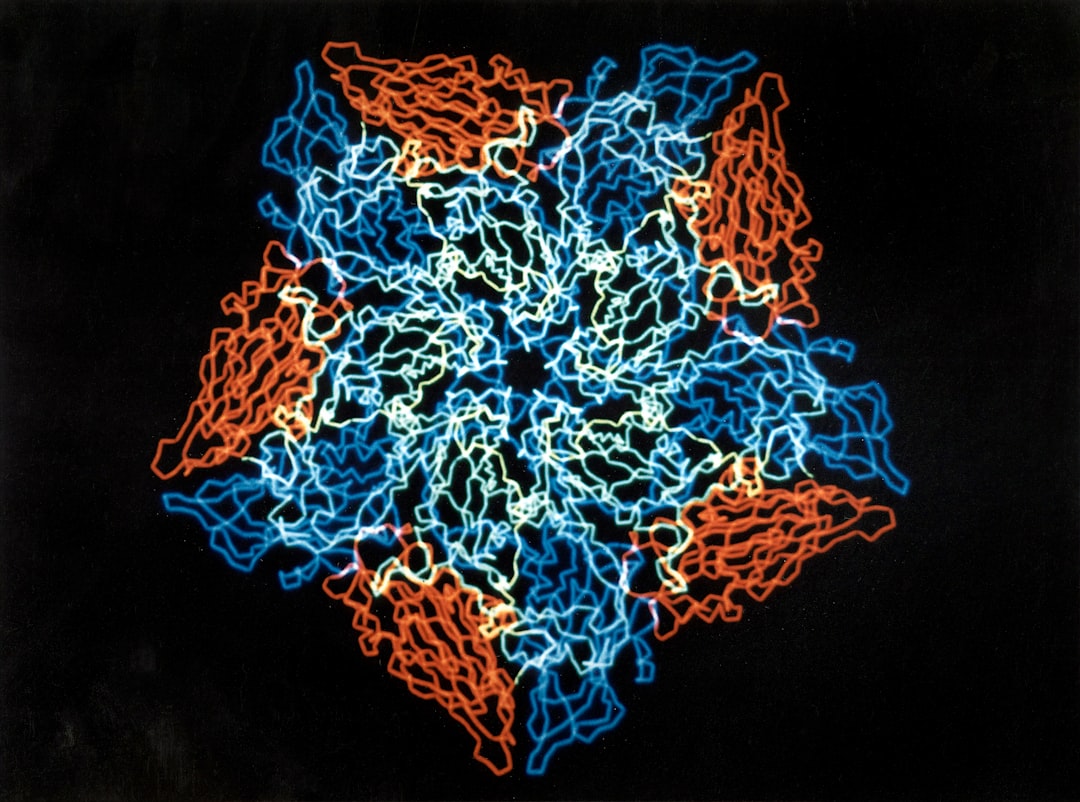What is it about?
Dementia is increasing to epidemic proportions as populations age. Caused by irreversible loss of neurons in the brain, efforts to replace these using stem cells will fail meet demand. However, nanotechnology provides a scalable solution by delivering surrogate nanoscale "stem cells" in bulk that have universal application.
Featured Image
Why is it important?
Dementia is an emerging epidemic that is currently untreatable, threatening both mankind and the global economy. There is a critical need to slow progression of dementia, yet today the scale of the problem is far beyond any known solution. A new era of medicine "nanobiomedicine" provides surrogate stem cells able to protect neurons and repair damaged brain tissue with high potency and high safety. For the first time, dementia can be addressed on global scale using natural growth factors in FDA-approved nanoparticle formulation.
Perspectives
Driven by the need to protect the brain from progressive diseases - including multiple sclerosis that starts in the young - the opportunity to present nanomedicine as a treatment that is safe, scalable and affordable has been most welcome. Now adoption needs to follow, as a matter of urgency.
SU Metcalfe
University of Cambridge
Read the Original
This page is a summary of: Neurodegenerative Disease: A Perspective on Cell-Based Therapy in the New Era of Cell-Free Nano-Therapy, Current Pharmaceutical Design, March 2017, Bentham Science Publishers,
DOI: 10.2174/1381612822666161206141744.
You can read the full text:
Contributors
The following have contributed to this page










